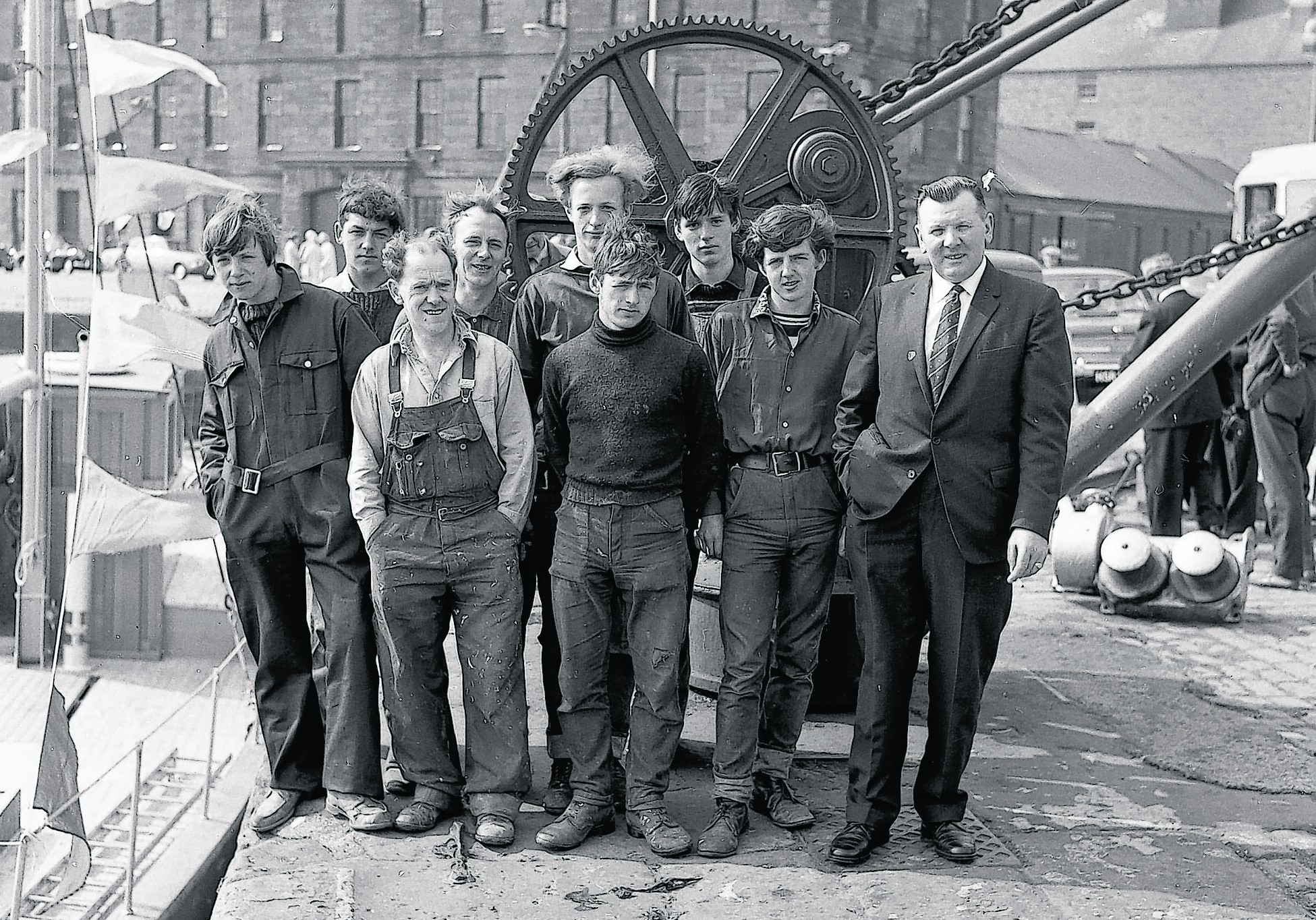There’s a new free booklet packed full of fascinating information about the people and places along the stunning coastline of Angus.
The Angus Maritime Trail hugs 35 miles of picturesque shoreline, from the expanse of golden sand at Montrose along to Monifieth beach, stopping off at the towns and villages in between, with a handy guide to the history and heritage of each area.
“There are so many remarkable stories connected to the towns and villages along the Angus coastline,” said Colin Easton, curator of Arbroath’s Signal Tower Museum and author of The Angus Maritime Trail.
“Each settlement started out as a small fishing village but some developed into bustling ports, such as Montrose. Others, including Carnoustie and Monifieth, enjoyed spells as top holiday resorts, while East Haven has changed little over the last eight centuries.”
The county’s lighthouses, caves, ancient castles, majestic cliffs and, of course, the sea, play important roles. However, it’s the seafarers of Angus who have the starring roles in this booklet, including the fisher families of the now deserted cliff-top village of Usan, the smugglers who made good use of the caves in the vicinity of Lunan Bay, the fearless Arbroath lifeboat men lost at sea and, of course, the Auchmithie fishwives who carried their men to their fishing boats so their feet didn’t get wet.
“Thanks to the research I carried out while working on this leaflet, whenever I see Montrose Basin, I’m reminded of the financial acumen of the fishermen from Ferryden and Usan,” revealed Colin. “They refused to pay the amount charged to non-Montrose fishermen for collecting mussels from Montrose Basin to use as bait. Instead, they formed their own Mussel Society and rented a stretch of the mussel beds, which worked out much cheaper.
“Another story I uncovered was of a brave Arbroath fisherman, William Swankie, who, in 1922, swam 50ft in very stormy seas to secure a line to a ship which had been grounded on rocks near Carnoustie, enabling the crew to be rescued.”
The booklet is illustrated with images from the Angus Archives, which perfectly capture the county’s coastal towns and villages in days gone by.
“It’s good to be able to compare the places featured in the Angus Maritime Trail with how they look today and also to see how people lived and worked along the coast,” said Colin.
“Some of the skills which appear in the booklet, such as baiting the
lines at Auchmithie, are long gone, while others, such as making Arbroath Smokies, are still very much in evidence.”
Copies of the booklet are available at leisure centres, Access offices, libraries, museums and tourist attractions across Angus, or it can be downloaded from www.angusheritage.com
